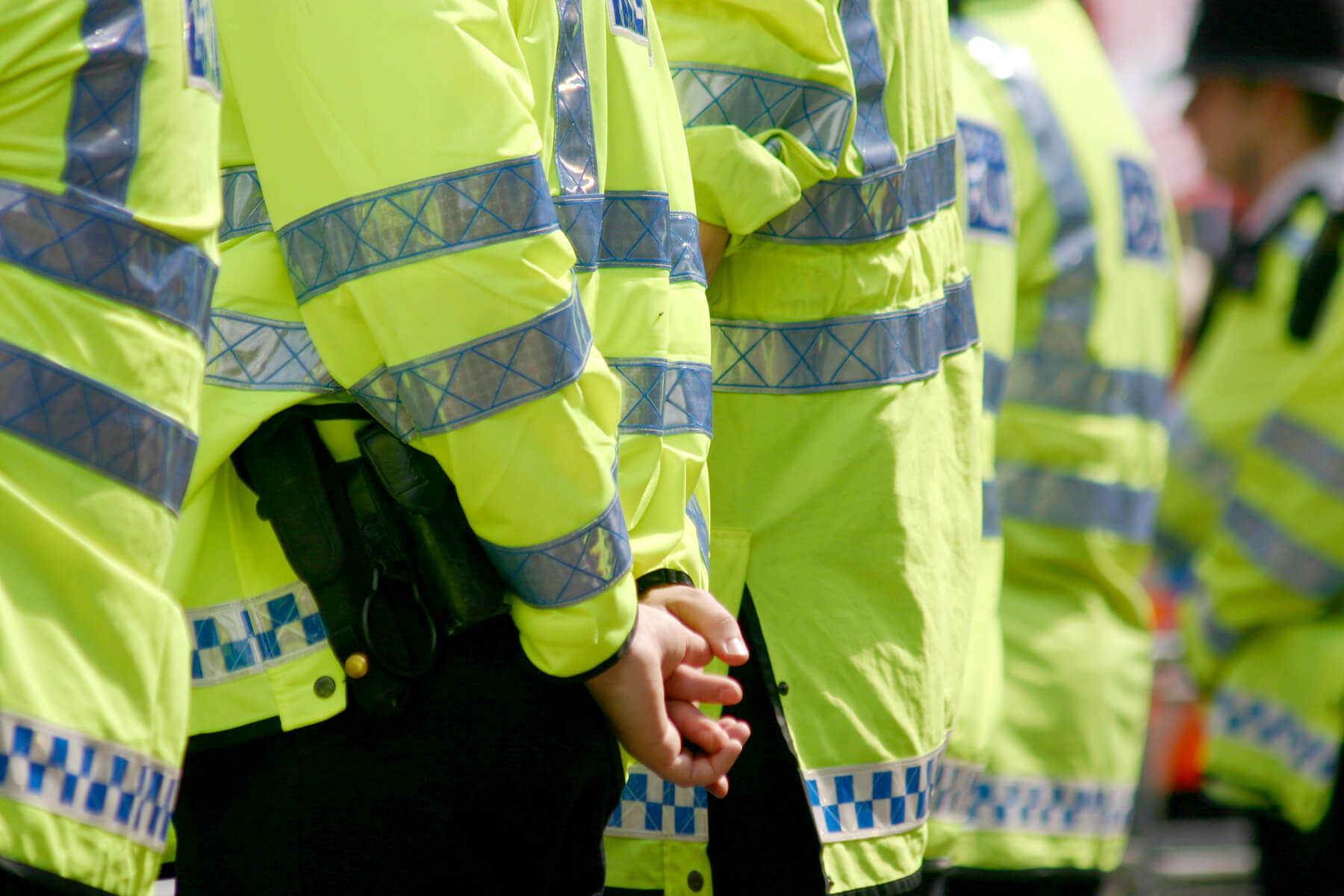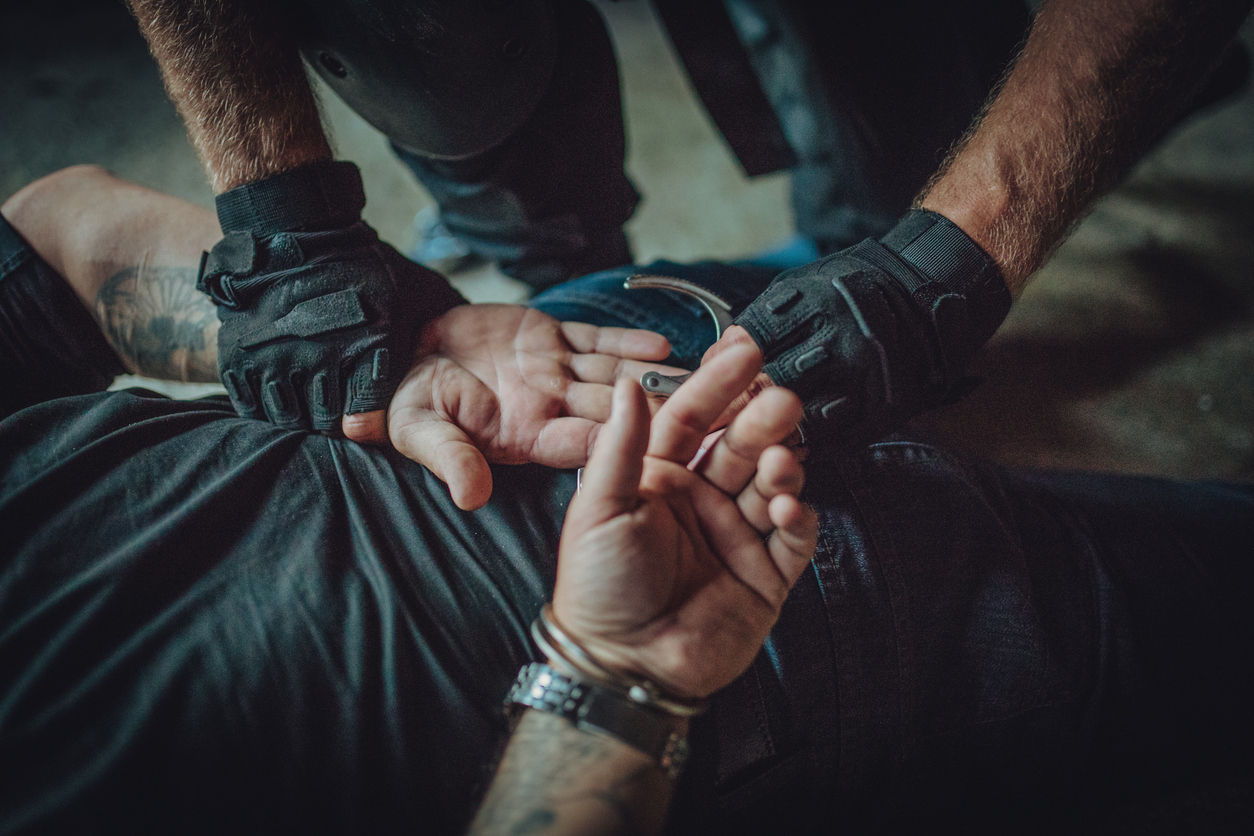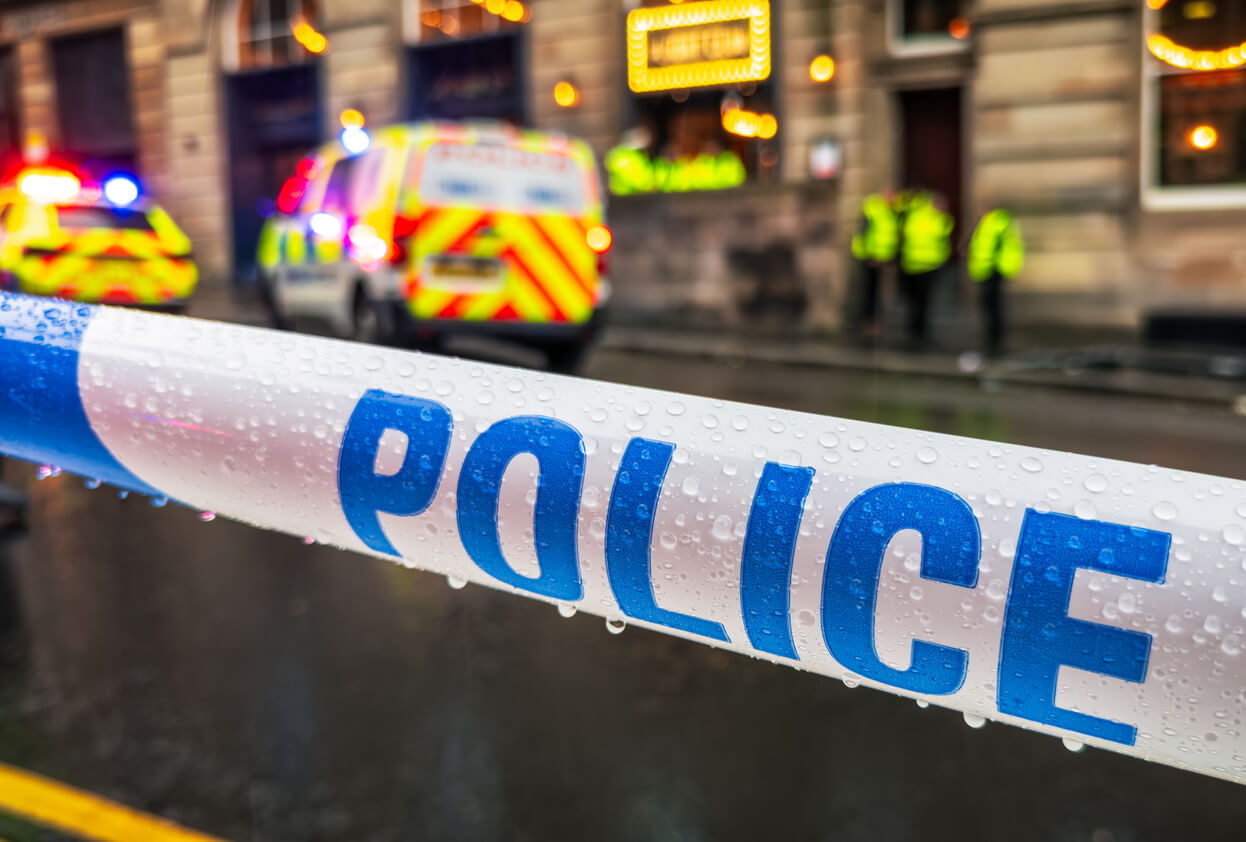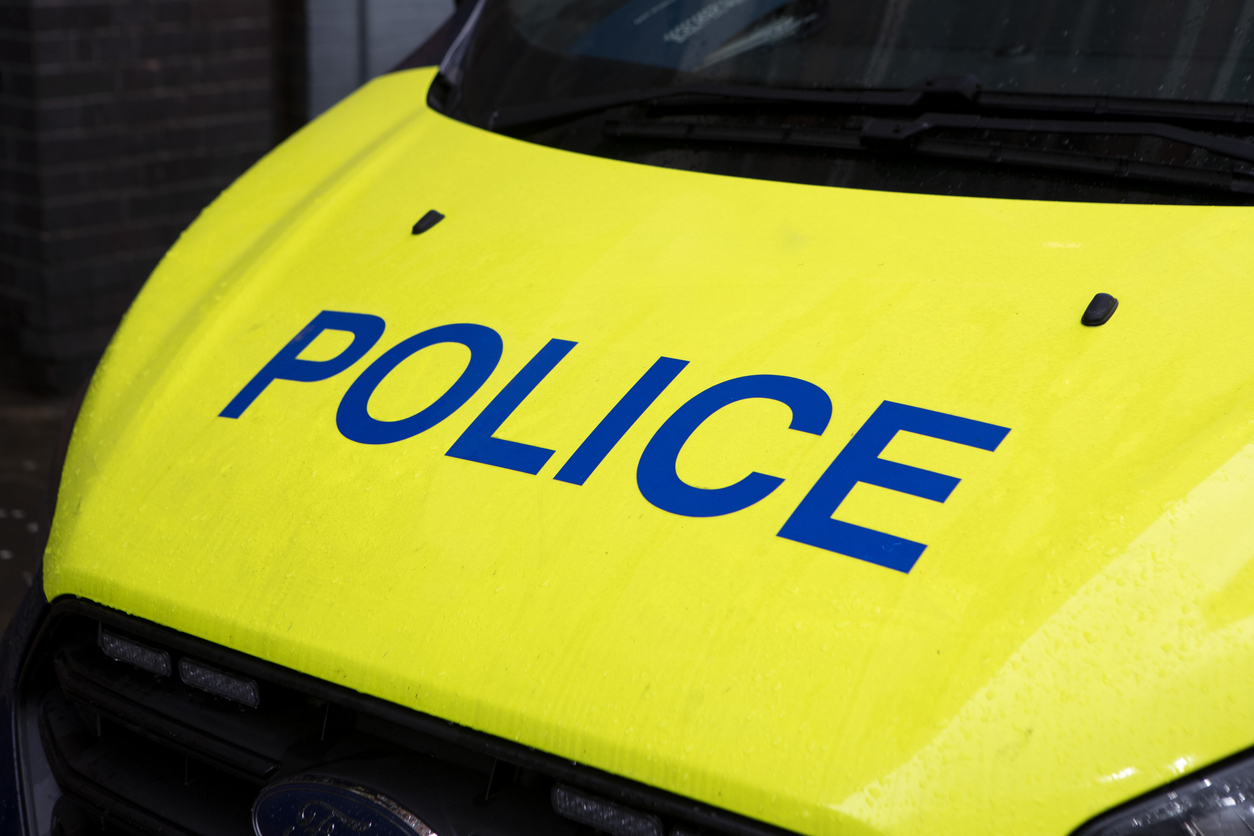What things police can’t do UK?
What things police can’t do UK?
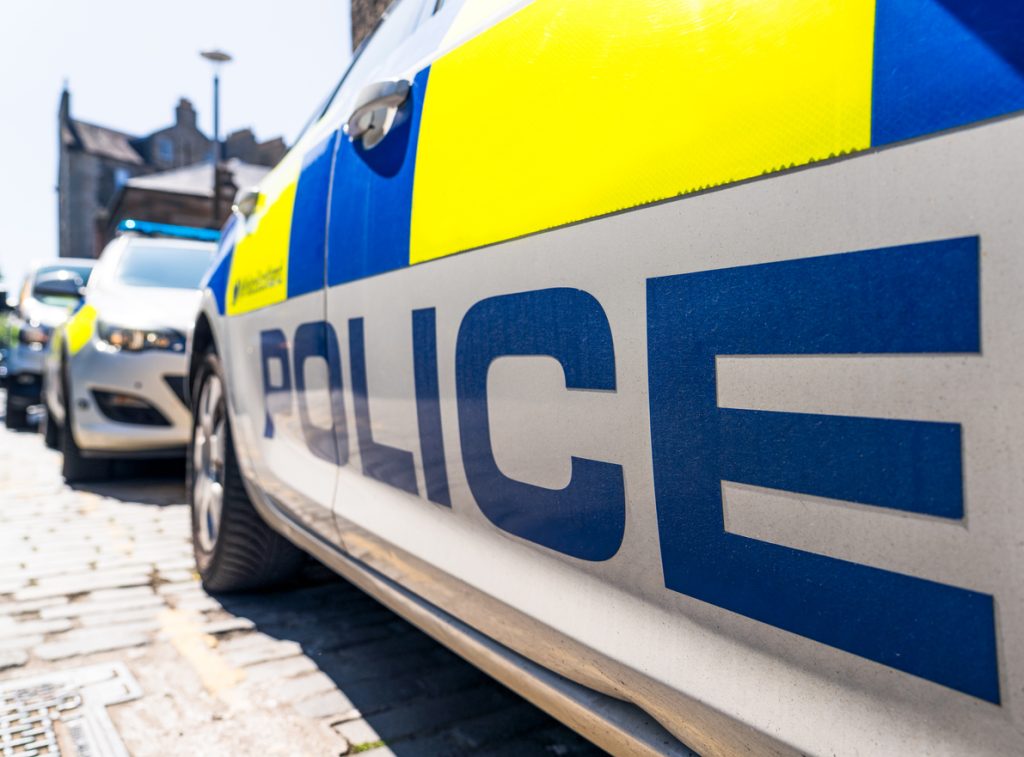
The police are there to serve and protect the public and help keep order. They have specific powers to do a range of different things, such as investigate crimes, maintain public order, respond to emergencies, and make arrests for offences. However, their powers are not limitless. There are strict rules in place that they must follow so as not to abuse their power. So, with that in mind, you may be wondering what things police can’t do in the UK?
In this article, we outline the police powers and procedures, their key duties and responsibilities, and detail what actions police cannot take, which would be classified as an abuse of power or unlawful behaviour. It is important to remember that if you have ever been the victim of police misconduct or they have abused their powers to act unlawfully against you, you do not have to accept this. You could be eligible to claim compensation with a civil action against the police for any mistreatment suffered at the hands of the police.
Please note: this article includes advice for those living in England and Wales only. Rules and legislation may be different in Scotland and areas outside of England and Wales, so we suggest getting advice from a local authority if you live elsewhere.
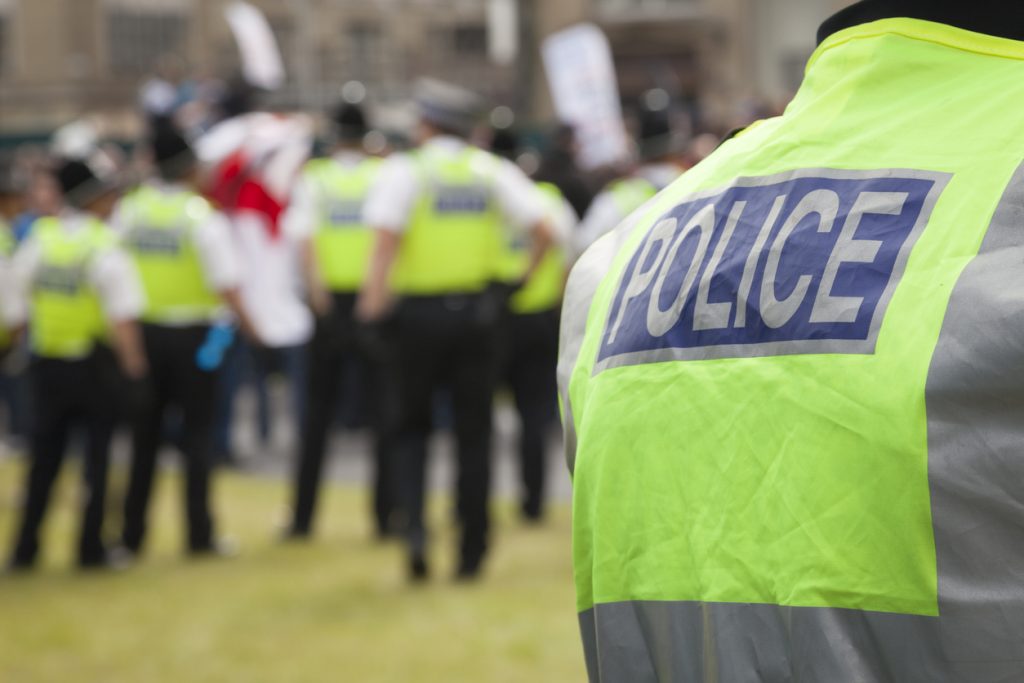
What are the police powers and procedures?
The police in England and Wales have powers that enable them to arrest individuals, conduct stop-and-searches for weapons, illegal items, or stolen goods, use reasonable force when necessary, and exercise powers of entry to enter premises under specific circumstances. When police use their powers, they should always be necessary, proportionate, and compatible with human rights and equalities legislation.
Police powers can be grouped into three different categories:
- Powers to investigate crime: This includes a range of powers that allow them to collect evidence to identify suspects and support their fair and effective trial. This includes stop and searching, police interviews, and powers of entry into homes, to name a few.
- Powers to prevent crime: These powers are in place to maintain public order, prevent potential anti-social behaviour, and manage known offenders/suspects. This includes the use of reasonable force and powers of arrest, for example.
- Powers to ‘dispose’ or criminal cases: This allows the police to charge suspects so they can be prosecuted or dispose of criminal cases outside of court.
Police powers are outlined in The Police and Criminal Evidence Act 1984 (PACE). Within this, the government publishes specific guidance on police powers and how to maintain codes of practice on these powers, known as PACE codes. These describe how the powers can be used lawfully, and the police must be compliant with them.
What are the police’s key duties and responsibilities?
According to the House of Commons, the core duty of the police is to protect the public by detecting and preventing crime. Their duties are established in common law, and the police have both common law and legislative powers to execute them. Police powers must be compatible with human rights law and equalities legislation. Each police officer is responsible for ensuring their use of powers is lawful, proportionate, and necessary.
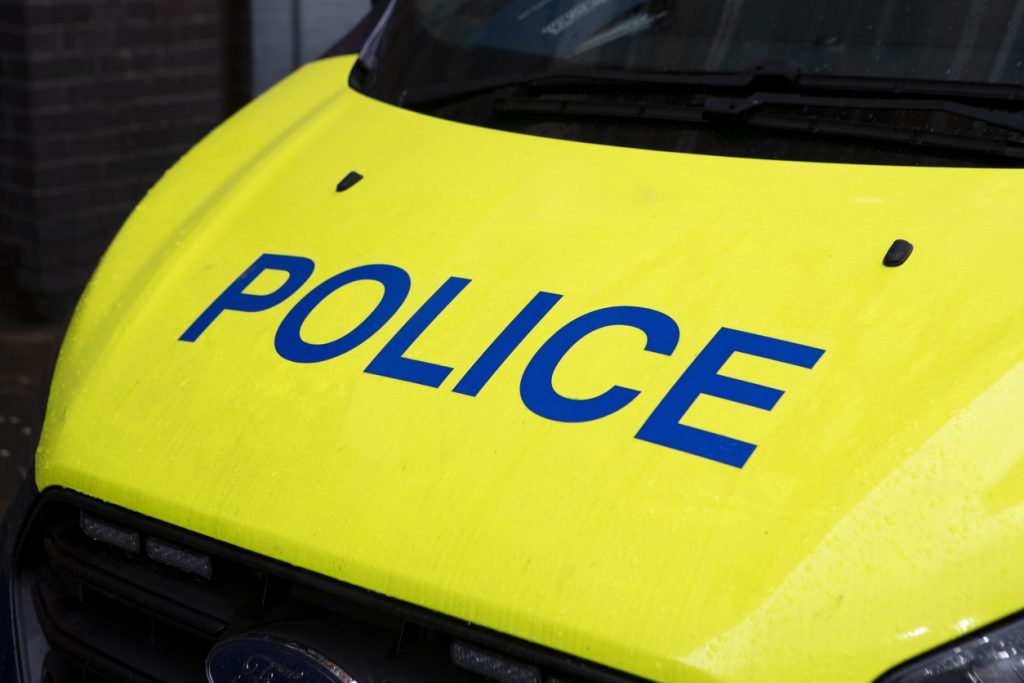
What things police can’t do UK?
There are many different things that are classified as police misconduct and that police cannot do. If any of these occur, you could be entitled to claim compensation through a civil action against the police. Below, we’ll list some of the main things police can’t do that we see happen all too often.
Arrest someone without reasonable grounds to suspect that they have committed a crime
The law in England and Wales states that a police officer can only arrest someone if they have a warrant for their arrest or if they have ‘honest and reasonable grounds’ to suspect that person has committed a crime. If someone is arrested for any reason other than this, it can be classed as a wrongful arrest, and any time you are detained after a wrongful arrest can be classed as false imprisonment. The law allows police officers to make a judgment on whether they believe someone has committed a crime, so prejudice and unjust actions can often play a large part in this.
Wrongful arrests can also occur in instances where enquiries could have been made without the need to detain a person, or if the police arrest the wrong person instead of the person listed on the warrant. Read more examples of wrongful arrest here.
It’s also important to know your rights when in police custody and how long they can detain you. When arrested, you have the right to:
- Be treated humanely and with respect
- View the written codes governing your rights and treatment
- Consult with a solicitor in private to seek legal advice
- Inform someone of your arrest
- Speak to a custody officer who is responsible for your welfare
Once arrested, you can only be detained for a maximum of 24 hours, which can be extended to 36 hours in specific circumstances. If any of your rights are breached or the police detain you longer than is allowed, this is also unlawful and can strengthen your claim for compensation.
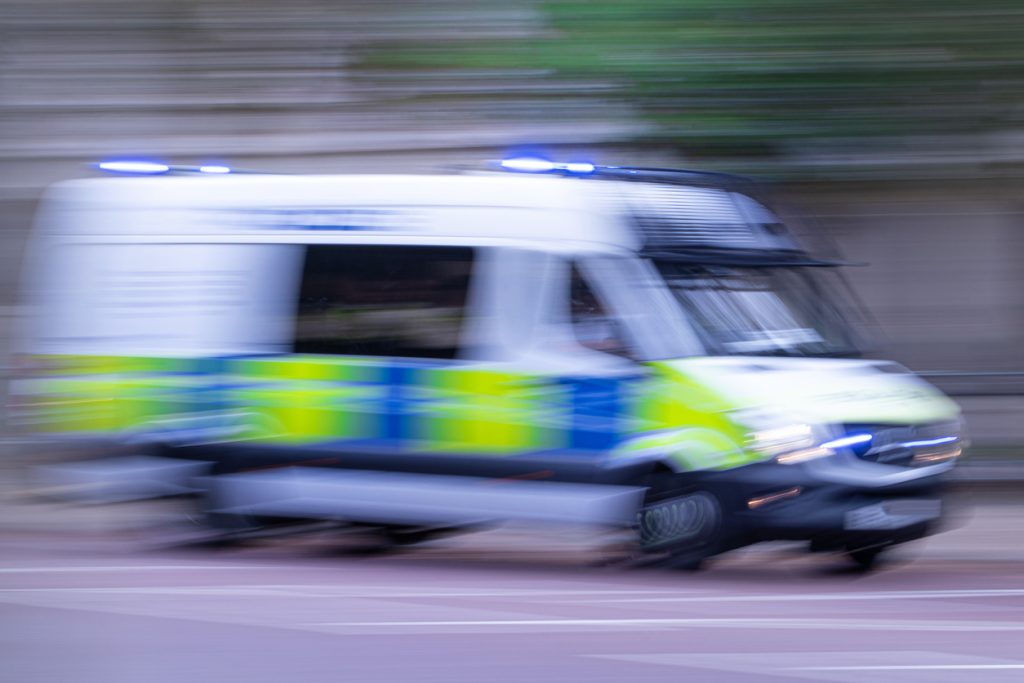
Assault or use of unreasonable force
The police have the power to use reasonable force in certain circumstances if it is deemed necessary; however, this force has to be just for the situation, and if a police officer uses excessive or unnecessary force during an arrest or restraint, this can be classed as assault or battery. Police have a duty of care to those they arrest or restrain; they must ensure that all their actions are necessary, reasonable, and proportionate.
An assault is when an action causes a person to fear for their safety, and physical contact is not needed for an action to be considered an assault. It is also a blanket term for both assault and battery. If physical contact is made, this can be considered a battery. The police could be deemed liable for battery if they use a baton, CS gas, taser, or are physically violent in any way; any use of these will be assessed for whether or not it was excessive in the situation.
Additionally, if an officer makes a wrongful arrest, any restraint or force can be an assault and battery. An assault by police can be extremely traumatic and distressing for an individual, especially when they weaponise their powers that are in place to protect to cause harm. If you have suffered assault at the hands of the police, you could be entitled to compensation.
Search your house without a warrant
The law states that the police generally need a warrant to search your house without prior warning. Warrants are obtained from the Magistrates and must be issued for a valid reason. If the police lie to obtain a warrant or do not have just cause to search your property, this can be unlawful, and so will the search of your property. There are some circumstances where the police can enter your property without a warrant, these include:
- To arrest a person for an indictable offence
- If you are under arrest or already arrested
- To stop a crime that is underway
- With your consent to enter the property
Unlawfully stop and search someone
The police have the power to perform a stop and search in order to protect the public and tackle illegal activity. This allows them to briefly detain individuals to search for drugs, weapons, or other illegal items, but only if they have ‘reasonable grounds’ to suspect the person being searched is in possession of one of these items. If they do not have reasonable grounds to suspect you may be carrying these items, then the stop and search could be unlawful.
Police stop and searches are increasingly becoming an area of contention, with questions about their effectiveness and many reports of their use to unfairly target ethnic minorities and, in particular, black males.
It’s important you understand your rights during a stop and search. You should only be stopped for as long as it takes for the search to be conducted, and the officer must inform you of their name, the police station, what they expect to find, and their grounds for suspicion. They should also inform you that you can get a record of the search. Finally, the officer can ask you to remove your coat, jacket, or gloves in order to conduct the search. Any other clothing they ask you to remove could be classed as a strip search instead, where there are different rules that apply.
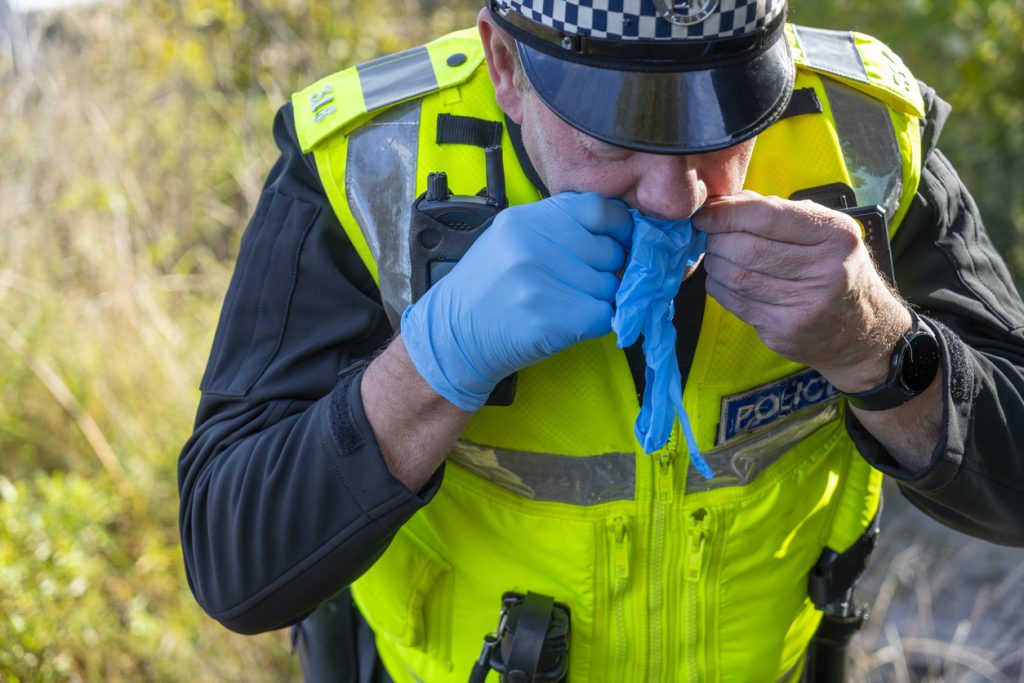
Other acts of police misconduct
Many areas of police misconduct can also be classed as unlawful. If you are the victim of any of the following, you could be entitled to claim compensation:
- False imprisonment
- Police dog bite
- Negligence
- Breach of human rights (e.g., unlawful strip search)
- Malicious prosecution
- Misfeasance in public office (abuse of power by police)
- Discrimination
- Unlawful retention of data – retention/misuse of personal information such as DNA and fingerprints
What happens if police misuse their powers or do things they shouldn’t
If police misuse their powers, it is not normally a criminal offence, but a failure to uphold the policing standards of professional behaviour. Officers who misuse their powers can be held accountable through misconduct proceedings. These often come about when an individual makes a complaint against the police for misconduct.
People can also make a civil claim against the police, in which they claim compensation from the police force responsible for the misconduct.
Can I make a complaint against the police?
Yes, if you have suffered misconduct by the police, you can make a complaint to the relevant police force. This can be done through their individual force website or via the Independent Office for Police Conduct (IOPC) website. When you make a complaint through the IOPC website using their complaint form, it will be sent directly to the police force or organisation concerned. They will then handle the complaint and contact you about how it will be handled.
It is important to understand the difference between a police complaint and a police claim.
Police complaints involve raising concerns to the relevant police force about the actions or conduct of a police officer, officers, or the whole force. The point of a police complaint is to make the police force aware of behaviour or an incident you are unhappy with. It aims to address the situation and investigate the issue, and ensure appropriate action is taken, whether this is disciplining officers involves or issuing an apology to the complainant. Police complaints do not result in compensation; you would have to make a civil claim against the police to get compensation.
For more information on how to make a complaint against the police, read our blog.

Can I claim against the police?
If you have suffered misconduct at the hands of the police, including any of the instances detailed in this article, you could be entitled to claim compensation from the police. A civil claim, if successful, can result in damages and legal costs being paid by the defendant police force. The compensation recovered can help cover any financial losses suffered and compensate you for the ordeal.
How can HNK Solicitors help with my police claim?
HNK Solicitors are experts in actions against the police. We have many years of experience helping clients successfully claim compensation from the police after suffering misconduct or unlawful behaviour. Our dedicated team of actions against the police solicitors is here to support you every step of the way, handling the claim for you, gathering evidence, and communicating with the police on your behalf to ensure you get every penny you’re entitled to.
Police claims are highly contested, and they often try to settle for a much lower amount than you’re actually entitled to. By instructing a specialist solicitor, like HNK Solicitors, who understands the relevant laws and legislation surrounding police misconduct claims, you’ll have the best chance of getting all the compensation you deserve, as they will know how much you are entitled to.
To start your police claim, get in touch with HNK Solicitors today. We can take on your claim on a no-win, no-fee basis, so you don’t have to pay a penny upfront to start your claim. Call the team on 0151 668 0816 or email us at enquiries@hnksolicitors.com. Alternatively, fill in our online claim form and a member of our team will be in touch to find out more about your case.


